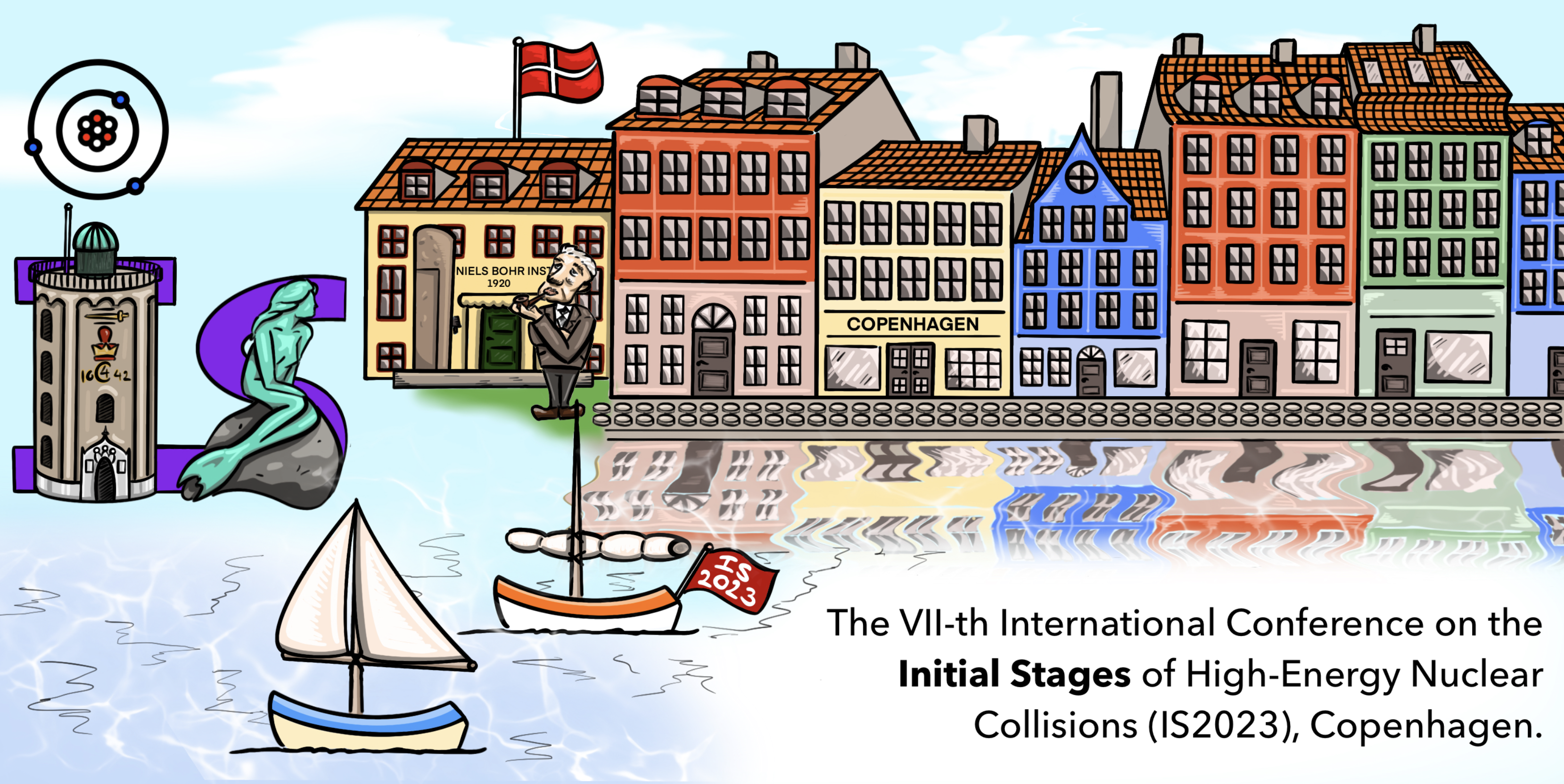Speaker
Description
Relativistic heavy-ion beams at the LHC are accompanied by a large flux of equivalent photons, leading to multiple photon-induced processes. This talk presents a series of measurements of dilepton production from photon fusion performed by the ATLAS Collaboration. Recent measurements of exclusive dielectron production in ultra-peripheral collisions (UPC) are presented. These processes provide strong constraints on the nuclear photon flux and its dependence on the impact parameter and photon energy. Comparisons of the measured cross-sections to QED predictions from the Starlight and SuperChic models are also presented.
Results on searches for physics beyond the standard model are also presented for photon-photon processes in both di-tau and di-photon final states. The tau-pair production measurements can constrain the tau lepton's anomalous magnetic dipole moment (g-2), and a recent ATLAS measurement using muonic decays of tau leptons in association with electrons and tracks provides one of the most stringent limits available to date. Similarly, light-by-light scattering proceeds via loop diagrams, which can contain particles not yet directly observed. Thus, high statistics measurements of light-by-light scattering shown in this talk provide a precise and unique opportunity to investigate extensions of the Standard Model, such as the presence of axion-like particles.
| What kind of work does this abstract pertain to? | Experimental |
|---|---|
| Which experiment is this abstract related to? | ATLAS |
